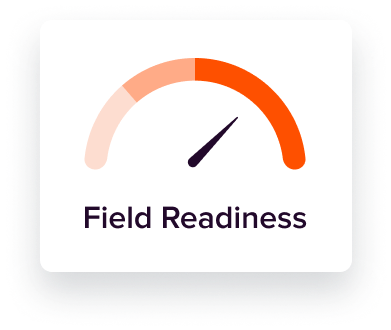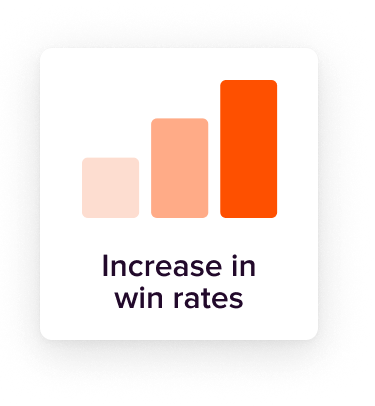
What’s DEI like at Seismic?
Like diversity, equity, and inclusion everywhere, its a journey – but to us, that’s the exciting part.
Our global diversity, equity, and inclusion pillars
Diversify
Attract, develop and retain all talent
Support a workforce that represents our global backgrounds, identities, experience, and stories
Lead
Change the industry
Position Seismic as a transformational leader of belonging
Include
Build a culture of belonging
Create and improve upon inclusive experiences for all employees
Embed
Maintain accountability and governance
Delivery progress through initiative, transparent disclosures, and inclusive processes that are embedded across the company
“At Seismic, we embrace equity, inclusion, and diversity because it fuels creativity, collaboration, and breakthrough thinking. These attributes enable us to produce stronger results and serve our customers well.”


Doug Winter
CEO and Co-Founder, Seismic
Join us! Explore career opportunities at Seismic




